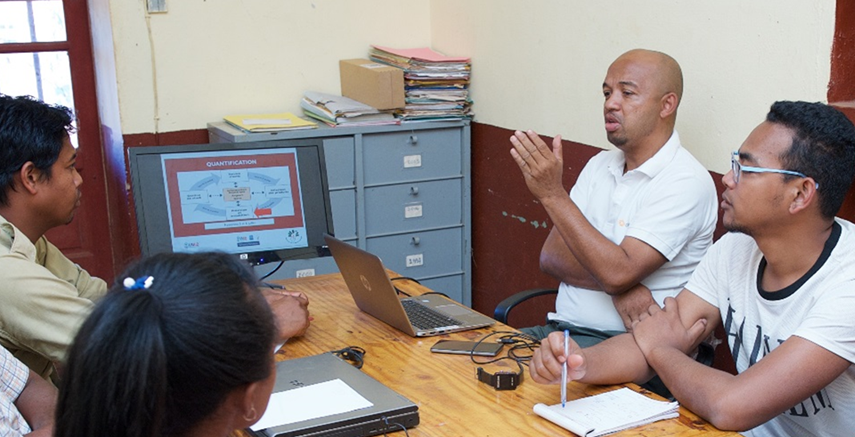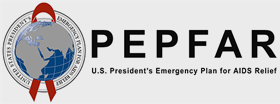
A somewhat unglamorous but crucial aspect of ensuring access to lifesaving supplies and medicines is having a reliable supply of stock on hand. If estimates of need are too low, then stockouts, shortages, and dangerous interruption of treatments may result. Estimates that are too high can lead to costly waste due to expiry. Quantification minimizes these risks by helping to accurately determine supply needs and the requisite procurement plan for a given period.
In Madagascar, where malaria was the third leading cause of morbidity in 2015, quantification of associated commodities for its prevention and treatment is a pressing need. To strengthen local capacity to conduct quantification exercises, the USAID Global Health Supply Chain Program-Procurement and Supply Management (GHSC-PSM) project supported a national malaria quantification workshop in April 2017.
This was the first time that all stakeholders involved in the supply chain gathered together to develop the national malaria quantification. Participants, who came from departments within the Ministry of Public Health, partner organizations, and USAID-funded projects, learned about quantification concepts, methods, and principles and were trained to use tools for forecasting (Quantimed) and supply monitoring and planning (Pipeline). The 30 attendees actively participated in discussions and demonstrated their commitment to getting the national quantification right.
Through the quantification workshop, stakeholders were able to identify funding gaps and generate supply plans covering the next five years. This information was shared with the government of Madagascar and donors to help them make informed decisions on budgets and funds needed to fill identified gaps.
Based on this information, the U.S. President’s Malaria Initiative; the Global Fund to Fight AIDS, Tuberculosis and Malaria; and the government of Madagascar mobilized additional resources for 2017-2018 and are proceeding with 2018 procurements. Unfortunately, a funding gap of 14 percent for 2018 remains. GHSC-PSM is leading discussions with donors to identify resources to meet this need.
This quantification workshop was conducted as part of GHSC-PSM’s support to Madagascar in securing health commodities to ensure uninterrupted supply. Stakeholders continue to participate in routine quantification workshops and review and adjust supply plans on a semi-annual basis to ensure forecasts are in line with consumption trends. Robust quantifications translate into more accurate forecasting which means a more reliable supply of malaria commodities to serve patients.


